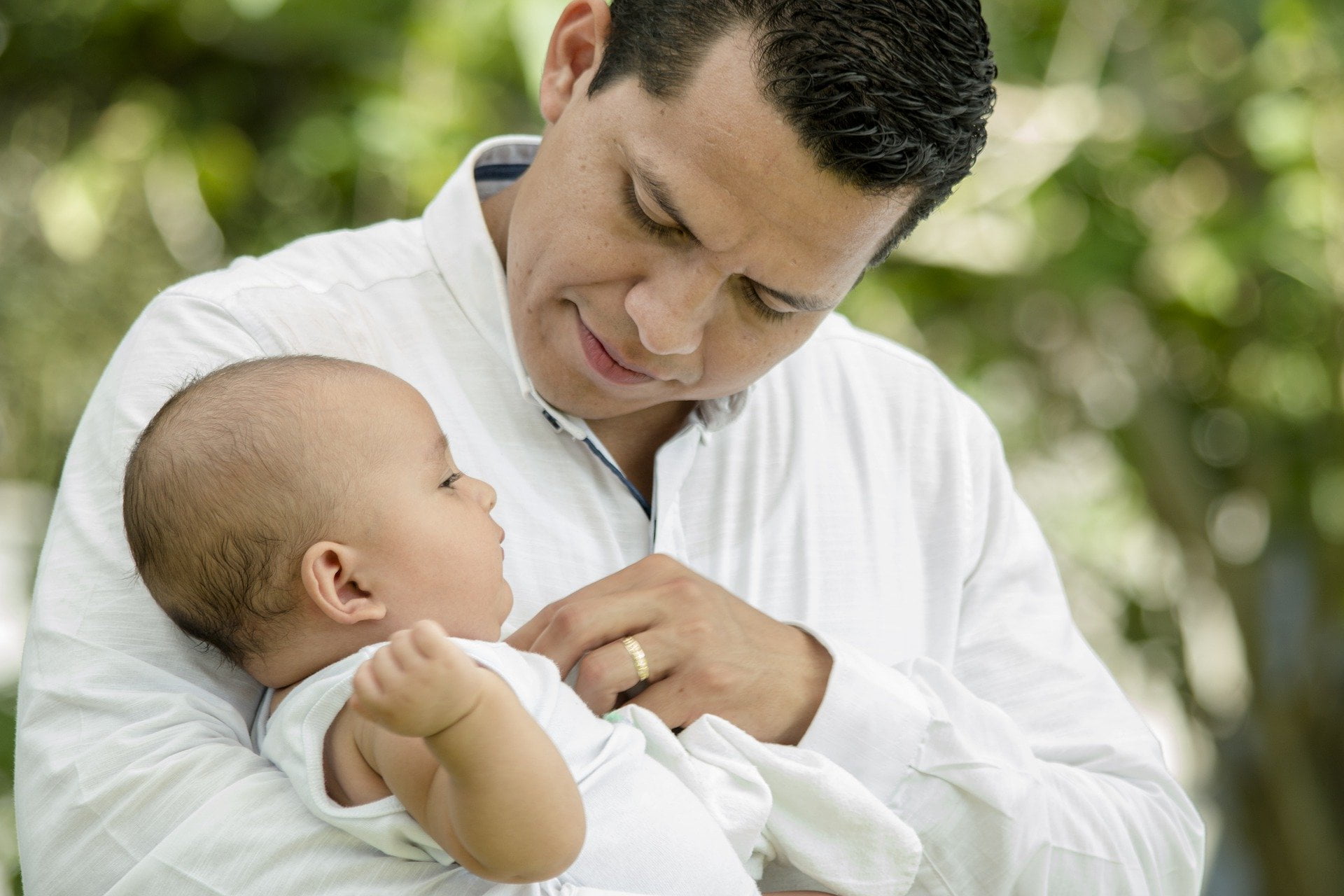A baby can experience the separation of his/her parents within the first few years of his/her birth. He develops separation anxiety in babies around his age 1. It is very painful for the baby when one of the parents leaves the family for logical or illogical reasons. In this situation, both of you need to try to understand your baby. Helping him/her to cope with your separation through some tactics can be good.
Table of Contents
Among Babies Less than 6 Months
Babies quickly adapt to those who take care of them. If the baby is less than 6 months old, he/she can easily cope with his/her new structure of the family if the existing parent or the existing parent with a new one or the caregivers can fulfill demands. In this case, parents might develop more separation anxiety than babies.
Anxiety during 4-12 Months
From 4-7 months of age, babies begin to realize that their parents are away when one or both the parents go away of his/her sight. At that time, the babies become upset, as they do not have the concept of time. During 8-12 months of age, a baby grows more independent but develops more anxiety about being separated from a parent. When a parent tries to be separate, the baby becomes anxious, agitated, and upset.
What can Trigger Their Anxiety?
Although we showed above an average pattern of separation anxiety in babies 4-12 months, it may vary from baby to baby for various reasons. Some babies may go through this experience later on, for example in between his/her 18-30 months, while the others may never experience separation anxiety. Stress, tension, depression, and other mental and emotional problems between the parents can cause changes like new siblings, caregivers, or changing abode in their childcare that can trigger anxiety in a baby about a parent’s being separated.
For How Long Time Does it Last?
Once separation anxiety starts, parents need to take steps to end it in their baby, depending upon his/her capacity. Different babies have different types of temperaments. And this may lead to last separation anxiety from their childhood through their school life. If a child is older, separation anxiety can leave a mark of acute anxiety disorder in his/her mind or brain. If an older kid does not want a parent to separate, distracting the kid enough may be a solution if there is no way other than separation. Children have the capability of understanding the effects of separation upon their parents. They will try to attract you both towards them so that you do not materialize your decision of separation. However, in case of your surrogacy parenthood, you are having any issues you might contract with the surrogacy agency or agenzia maternità surrogata.
Help Your Baby to Get Accustomed to the New Guardian
When you notice your baby below one year of age is suffering from separation anxiety in babies, do not leave him/her to a person who is unfamiliar or less familiar to him/her. Whenever your child is calm and energetic, especially after his/her sleep and meal, start leaving him/her for some time regularly to make him/her accustomed to your absence. Side by side, arrange to introduce your baby to the new guardian and place. If you plan to leave your baby to a particular relative of you, invite that would-be guardian in advance to the room of your child in your presence to pass time especially for surrogacy (maternidad subrogada) babies.
According to the statistics, both in developed and developing countries, most of the female counterparts lack patience, mental stability, wisdom, sacrificial mentality, and emotional balance essential to keep a family united forever. In this modern era, this is a rude side of family life that affects babies most. This article does not mean to hurt the females, like a piece of anti-feminist writing, but this is the truth. However, effective tactics people try to find to leave their children to take separation from their counterparts, the children will never ever get as superb love as their own parents can gift them.




